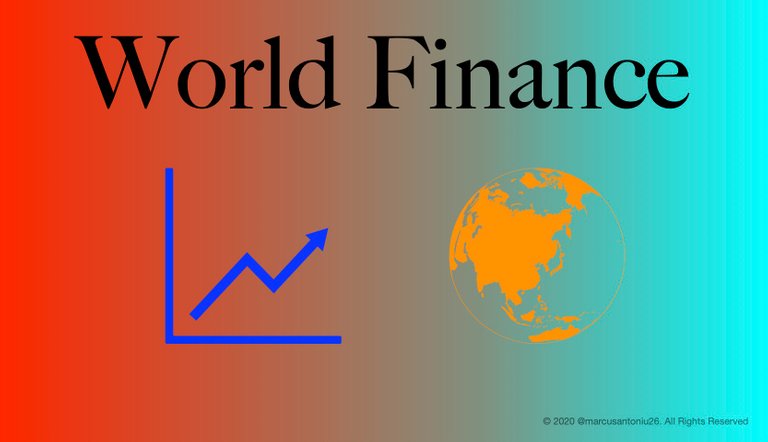
In economics and finance, corruption refers to the abuse of power or authority by individuals or organizations in order to gain personal benefits at the expense of public trust, fairness, or ethical standards. It typically involves activities like bribery, embezzlement, kickbacks, or favoritism. In these cases, decisions are made for personal gain rather than the collective good (or the financial wellbeing of a company). In financial contexts, corruption can distort market competition, inflate costs, hinder economic growth, and exacerbate inequality in opportunity. It can involve government officials, business executives, or others with significant influence over financial systems and/or economic policy.
Corruption undermines transparency, discourages investment, and reduces public trust in financial institutions. In the long run, it can lead to inefficient allocation of resources, stunted development, and social unrest. Economic systems and financial markets rely on transparency, rule of law, and accountability, and corruption directly undermines these essential principles.
In subsequent posts, I will further explore the concepts of bribery, embezzlement, kickbacks, and favoritism. I will detail how they affect negatively the financial systems.
A very sharp and relevant analysis of corruption which is indeed one of the biggest challenges in economics and finance, undermining public trust and hampering growth.
Congratulations @marcusantoniu26! You have completed the following achievement on the Hive blockchain And have been rewarded with New badge(s)
You can view your badges on your board and compare yourself to others in the Ranking
If you no longer want to receive notifications, reply to this comment with the word
STOP